Adriaan Basson: After the teargas, what will rise?
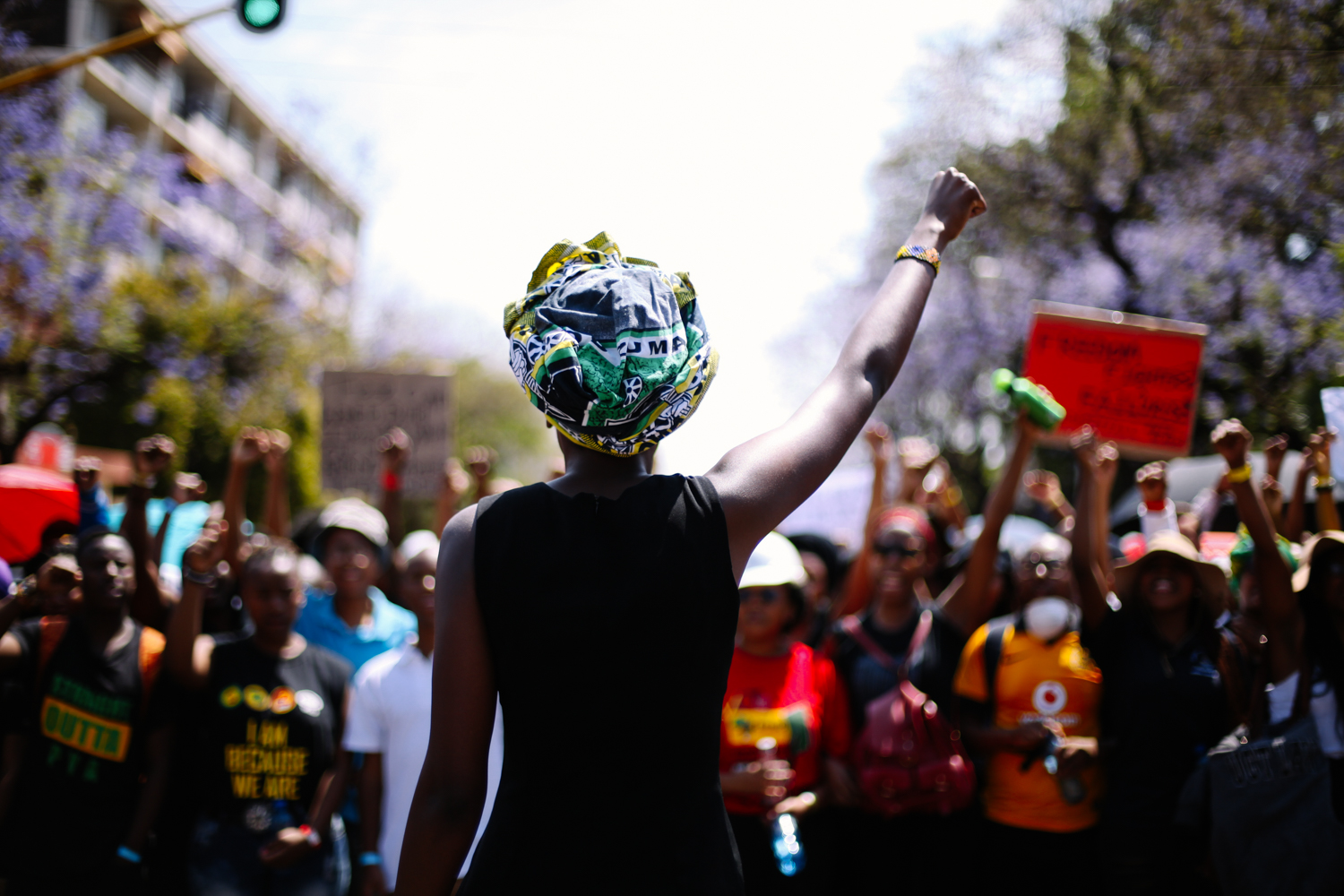
PRETORIA, SOUTH AFRICA - OCTOBER 23: Wits University's newly elected SRC President, Nompendulo Mkhatshwa addresses students during a march to the Union Buildings on October 23, 2015 in Pretoria, South Africa. University student from around Gauteng and Limpopo, opposed to tuition fee increases, marched to the union Buildings where President Jacob Zuma was scheduled to meet with vice-chancellors and leaders of students councils to discuss the increments. (Photo by Gallo Images / Nicholas Rawhani)
South Africa is at a crossroads.
For the past year, the country has been grappling with issues of free, decolonised tertiary education. Students have been assaulted and locked up; libraries, books and art have been torched; statues have fallen and vice chancellors have been physically attacked.
At the same time we are experiencing a crisis of leadership in our country. President Jacob Zuma is scandal-ridden; the ANC is split into factions and there is no clear, single plan to alleviate poverty and create jobs for the millions of unemployed youngsters in our townships, cities and rural towns.
Speaking to his supporters over Radio Freedom from the ANC’s hideout at Liliesleaf Farm in 1963, struggle leader Walter Sisulu said: “Never has the country and our people, needed leadership as they do now, in this hour of crisis. Our house is on fire.”
53 years later, Sisulu’s words are just as relevant. With the country’s unemployment rate at 27.1%, our house is on fire. Having one of the highest – if not the highest – income inequalities in the world means our house is on fire.
Much of the media’s focus on covering #FeesMustFall has been on the protests, the attacks and the teargas. That is our duty as journalists and we will continue to cover the day-to-day events on our campuses.
But the time has come for a different discourse to rise; a discussion that focuses solely on the future and what we want to become.
It is in this context that Project Rise was born. In the coming weeks and months Project Rise will be the hub of News24’s opinion and analysis of the #FeesMustFall movement, its objectives and outcomes.
We are delighted to have the Nelson Mandela Foundation as our partner for this project. An advocate for open dialogue and collaborative efforts to find solutions, Madiba was also clear that we will not be free while the majority of South Africans lived in poverty.
Project Rise is our attempt to do something about Mandela’s words: “As long as many of our people still live in utter poverty, as long as children still live under plastic covers, as long as many of our people are still without jobs, no South African should rest and wallow in the joy of freedom.”
We will offer readers original, intelligent and well-researched perspectives on the crisis in our country, with a particular focus on education.
We are under no illusion that one project will fix our many ills, but we need to start somewhere. So we ask you to help us answer these (and more) questions?
- What is on the other side of #FeesMustFall?
- How do we fix our basic education system?
- Is free higher education a possibility and at what cost?
- Does a degree guarantee success in life?
- What do colonial literature and syllabuses mean and should they be changed?
- How will technology disrupt education?
- What does the university of the future look like?
We will publish all views that offer solutions, suggestions and examples to the question: what must rise? We do this with the belief that #FeesMustFall should not become a security-led debate about violence, arrests and teargas, but a critical moment where we as a country contemplate the future we want for ourselves and our children.
Many a revolution in the history of humankind started on campus and it shouldn’t be a surprise to South Africans that what started as #RhodesMustFall has since evolved into a national discourse about the future of our universities, our economy, our politics and, ultimately, our country.
This is not a discussion that should be limited to the elites or those with university degrees. Project Rise will encourage a wide range of opinionistas to nail your views to the mast, however radical or unusual they may be. As long as it speaks to one central question: what must rise?
In today’s first edition of Project Rise, Melany Kühn asks: “So why oh why are we, as parents, teachers, civil society so hell-bent on advocating for a university degree to be our children’s ticket out of poverty and the key to a better life?”
Kgotsi Chikane writes: “South Africa needs #FeesMustFall because it has forced us to think differently about the issues that form the core of the problems in South Africa. It has become a platform for young people to organise and advocate for change, a platform that the country has been in dire need of. Though its reach is still limited to the confines of university spaces, #FMF has the potential to branch out of this space and become a platform for all young people.”
Unemployment, inequality and poverty are our trio enemies. If we don’t solve these problems together, we will fall.
- You are invited to contribute to Project Rise. Send your contribution of between 750 and 1 000 words and a head-and-shoulders picture to aletjvr@24.com or go to the submissions page.

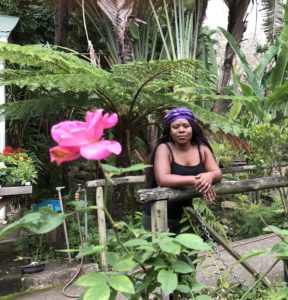
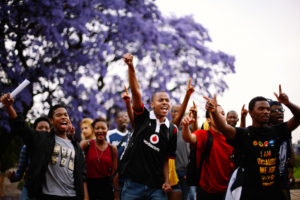
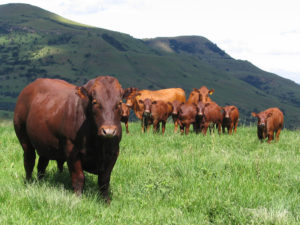
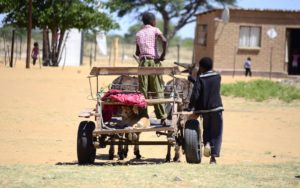
Why do we not have any trade schools? We can’t all be academics, this I know for sure. We need to teach our youth that working with your hands does not make you a lesser person. We need skilled artisans, but where do they go for proper training, where are the trade schools/Colleges? Once you have your trade you can start your own business too, given a year or two experience. Basic education really needs more teachers and more schools, without the proper foundation of schooling, University will not mean much. Pay the teachers a better salary too in this way you encourage young learners to think twice about becoming a teacher/educator!
Linda is right. I am a small business owner that requires trade skills from people but I cannot find them. All the unemployed people I’ve tried to hire do not have the skills or worse the basic skills to learn a trade. The school system is failing the youth not the universities.
I know many many successfull tradesmen like machanics, electricians, etc running their own businesses and each employing many people. These guys are very successful financially as well. The problem for the tradesmen being employed by companies does not earn a decent salary. The top dollars are earned by the emoyees with the degrees. This is the problem. No real money for tradesmen.
Dear Adriaan!
This is a great idea – ‘great’ with all its connotations of wise, noble, hopefully powerful and influential. My nerves are worn thin from reading about and experiencing (admittedly second-hand) all the negative and destructive activities of these past few months. Being a parent of an ex-student at one university and having been employed by another university for 10 years, I have had the chance to experience different administrations, financial circumstances, and teaching environments. So I would very much want to be part of the discussions.
One question re organising this site:
I know nothing about programming, but is it possible to establish different streams for different topics? I am sure this site will lead to many, and hopefully level-headed, discussions. There are the issues of finances, university versus trade schools (linked with this the unemployment rate among youngsters), decolonised education, and other issues may well come up. One would risk losing the thread if all these topics were intertwined, and it would take a long time to pick up on a particular topic among many other posts.